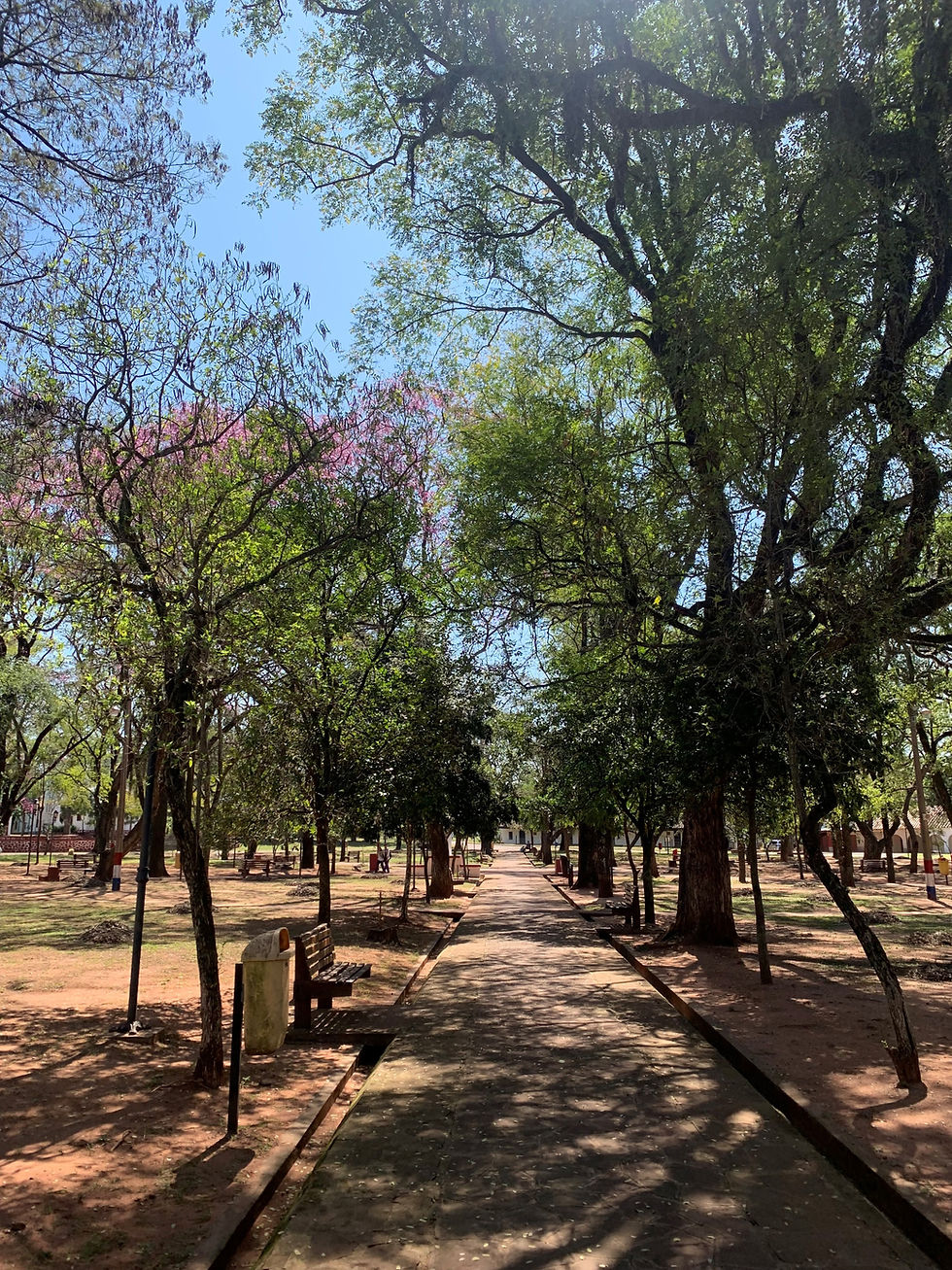A new Cold War is not on the horizon; it started a long, long time ago
- benpawlowski
- Jul 23, 2020
- 4 min read
The long-awaited Russia Report, released over half a year late, was damning in its assessment of the British government's approach to Anglo-Russian relations. Years of passivity and inertia, from the governments of Cameron to Johnson, mean the UK are "playing catch-up" on countering the ever-growing Russian threat. The reason for this idleness is varied, from Russian political influence (or if you prefer a simpler word; corruption) to sheer governmental incompetence, but what is undoubted is that Russia present a threat to the UK and other liberal democracies in the West.
The Russia Report appeared to suggest, with dumbfounding naivety, that if the British government did not take "immediate action", then this threat could descend into a new Cold War, with tensions akin to those that plagued the latter half of the 20th century - let's not beat around the bush here; a new Cold War started long ago. Tensions are arguably harsher now than in the era of Khrushchev and co. In the real Cold War, Britain was third-wheeling as the US and the USSR squabbled dangerously - now, Britain is the focal point of tension and division. We are the battleground - Russia is targeting our streets, our privacy, our politics. If anything, the Americans are the new third-wheelers. Bar Russian interference in the 2016 presidential election, it is between Britain and Russia where the tensions have resided.
But how has this happened? In the 90's, the mood was buoyant. Three years following the dissolution of the Soviet Union, John Major proudly proclaimed that "the old divisions have gone for good" as he and Boris Yeltsin left Chequers. To all onlookers, and even those within government, it appeared that Yeltsin had thrown away the ashes of communism, and lit a new era of democracy, prosperity and, vitally, international co-operation. However, on the 31st December 1999, in an attempt to symbolise the birth of a new Russian nation, Yeltsin resigned, handing over his presidency to his successor, the younger, former KGB agent and committed nationalist Vladimir Putin. As the fireworks lit up the air and 'Auld Lang Syne' rang in people's ears, Russia took a step backwards. As quickly as prosperity and liberalism had arrived, it left, and in it's place Putin's dangerous cocktail arrived: nationalism, oligarchy, democratic backsliding. With this deadly trio, it was only inevitable that Russia was descending into its typical international frostiness, this time with the unassuming façade of not being the Soviet Union. The UK continued to embrace what it thought was a new, liberal Russia - it wasn't, and still isn't. The USSR with a human face, perhaps, but little more.
Late 2006 can be seen as the key turning point and, thus, the start of this new Cold War. Alexander Litvinenko, a former KGB agent who had defected to the UK, was fatally poisoned by polonium, always certainly coming from the FSB, modern Russia's equivalent to the infamous KGB. Russia committed a murder on British soil, murdering a British citizen. Not only that, they did it in the most villainous manner possible, endangering the British public at the same time- a radiation poisoning. The Litvinenko case was horrendous, but nor has it been their sole venture into the dark world of foreign poisonings. Sergei and Yulia Skripal were poisoned in Salisbury in early 2018 by novichok, a deadly nerve agent - Dawn Sturgess, a local, died. Badri Patarkatsishvili and Boris Berezovsky, both key opponents to the Putin regime, both died in the UK in suspicious circumstances. Patarkatsishvili collapsed after having dinner, aged just 52. Berezovsky was reported to have hanged himself, however his body contained suspicious markings, and a paramedic's radiation alarm sounded upon entering Berezovsky's house. Berezovsky was the subject of at least 2 assassination attempts in the 2000's, both reportedly coming from the Russian state. His death was recorded as an open verdict. This is clear, unequivocal evidence of the brutal fact that the UK and Russia have been in a state of irreparable tensions for over 15 years. And assassination is not the end of Russian activity on UK soil. The scale of Russian influence in the Brexit referendum of 2016 is unknown, but almost certainly vast. Russian donations to the Conservative Party are numerous and have led to direct Russian influence in this country's largest political party.
So, where does the UK start? How do we, as a country, protect ourselves from a Russian state intent on disrupting and destructing liberal democracy, influencing political decisions to benefit the ruthless nationalist expansionism of Putin and his cronies? Political influence forms the basis of this movement - Russia has had power in British politics for too long, with those with strong ties to the Kremlin making donations to many constituencies. Rishi Sunak, the Chancellor, has received such donations. So too, unsurprisingly, has Robert Jenrick, somehow still the Housing Secretary. The Conservative Party needs to stop their complacency - stop these donations, and you will, in part, stop Russian influence. However, the key problem here is whether the Tories are willing to - will they stand up for the security of this country, or are they happily snugged up in bed with their Russian investors? Will Boris show some backbone?
Considering his record as Prime Minister, from coronavirus ineptitude to Brexit foolishness, one suspects the latter.
He must also make sure that, in an attempt to repair this fractious relationship, that we do not move any closer to Russia. Political influence is too much, as it is. Russia should not be our allies. Putin's Russia is wildly undemocratic, homophobic and nationalistic. They mustn't be our god-given enemies. But nor can they be our friends. This Cold War is, for the foreseeable future, a reality that we must accept.
23/07/2020







Comments